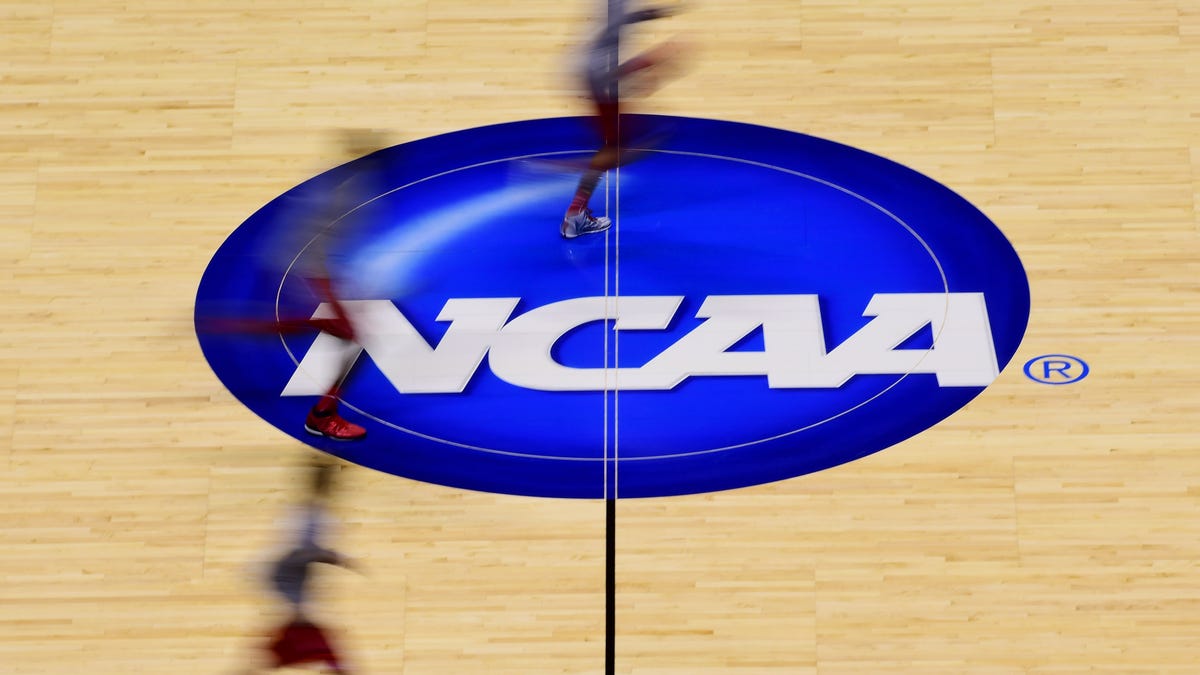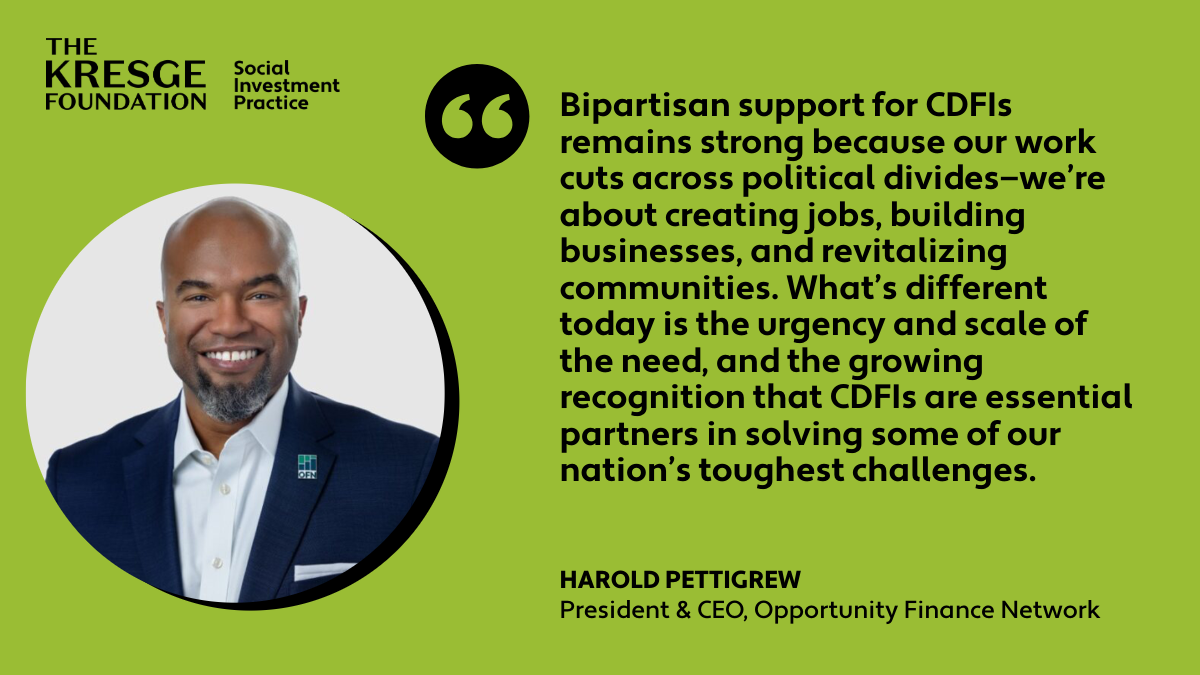Derek Kudsee is a veteran of the enterprise software industry, with senior leadership roles at industry giants such as SAP, Salesforce, and Microsoft under his belt. So, when he took the helm as the new Managing Director for Unit4 Financials by Coda, ERP Today sat down with Kudsee to discuss his vision for Coda, the promise of agentic AI to make work feel lighter for finance teams, and his mission to transform the classic system of record into a dynamic system of intelligence for the Office of the CFO.
What was it about the opportunity at Unit4, and specifically the challenge of modernizing Coda, that convinced you to take this role?
A rare combination of having a deeply trusted platform and a clear opportunity to reimagine the finance function drew me to Unit4, and specifically the Coda business. Some of the largest enterprise customers have been running on this platform for decades. I’ve been brought in to help these finance teams run more efficiently and provide greater insight through agent-driven automation. We live in a world where technology has converged in our consumer and professional lives. Therefore, modernization is not only about addressing complex systems, but also about enhancing the user experience. This combination of running a deeply trusted platform, reimagining its capabilities in an AI-driven world, and modernizing the user experience was attractive.
Unit4 Financials by Coda’s goal is to deliver an “AI-fueled office for the CFO” using agentic AI. How will a finance team using Coda experience this in their day-to-day work?
When one thinks of an AI-fueled Office of the CFO, it’s about having agents deep inside those finance processes that will suggest, explain, and act within guardrails that finance teams can set. The work should feel like the machine is performing tasks that were previously done manually or laboriously.
A simple example is in an accounts payable department. An agent can automate everything from invoice capture using AI-driven OCR, verify that the invoices are within policy, queue them for approval, send them to the respective individuals, and flag exceptions along the way. Users can see how the work feels lighter because the machine handles everything from capture to the final stage, including payment release.
How do the AI functionalities offered by Coda differ from what competitors are offering right now?
Many vendors today have a finance module. However, we aim to be the best standalone financial management system, not a generic suite. We’re not trying to be finance because we want to sell an HR or CRM system. That means we need to embed intelligence deeply within the finance processes so that the software acts, takes action, and performs activities for the finance function. For that, the agentic AI needs to operate with autonomy, understand financial context, and learn from user behavior.
Moreover, fundamentally, Coda has always been built on a unified financial model. We’ve never had Accounts Payable separate from Accounts Receivable that needed to be consolidated. Our AI works on clean, structured data from day one, and that’s the foundation for accuracy. We don’t need to chase hype to incorporate AI. We’re going to redefine the finance function with AI at its core.
How do you plan to balance the introduction of these cutting-edge innovations without disrupting the core stability that Coda is known for?
The safest way to modernize finance is to add certainty around the core, rather than disrupting it. Our core is why customers have been running Coda for 20-30 years. Thus, stability is not a nice-to-have; it’s non-negotiable. Our customers run mission-critical processes, and that trust is sacred to us. Therefore, every innovation we deliver, whether it’s UX modernization or AI, will be built on one simple principle: if it compromises stability, we don’t build it. We don’t ship it.
With that rock-solid foundation in place, we can layer intelligence and usability on top. While some software providers are still determining the stability of their platform, we can offer customers the best of both worlds. They’ll have the reliability they’ve counted on for decades, and now we bring them the innovation they need to stay ahead.
What This Means for ERP Insiders
Your biggest enemy is decision latency. According to Kudsee, the primary challenge for modern finance is the gap between a business event occurring and the ability to respond intelligently. This decision latency, caused by fragmented data, batch processes, and manual workarounds that are standard in traditional ERP environments, prevents finance from being a proactive and strategic partner. Coda’s goal is to shrink that gap from weeks or days to near-real-time.
Shift the ERP mindset from system of record to system of intelligence. For decades, the primary function of ERP finance modules has been to record transactions accurately. This is no longer sufficient, as Kudsee notes. A modern financial platform must function as a system of intelligence that not only records data but also analyzes, predicts, and automates actions within core financial processes, effectively acting as the intelligent brain of the CFO’s office.
Prioritize financial depth over suite breadth. Kudsee suggests that the single ERP for everything strategy can result in a finance module that is a jack-of-all-trades but master of none. The alternative approach is to prioritize depth and best-in-class functionality for the critical finance function. Instead of settling for the generic finance module within a larger suite, consider how a dedicated platform like Unit4 Financials for Coda, focused on deep financial control, insight, and automation, can deliver more agility and tackle core challenges, such as decision latency, more effectively.





























